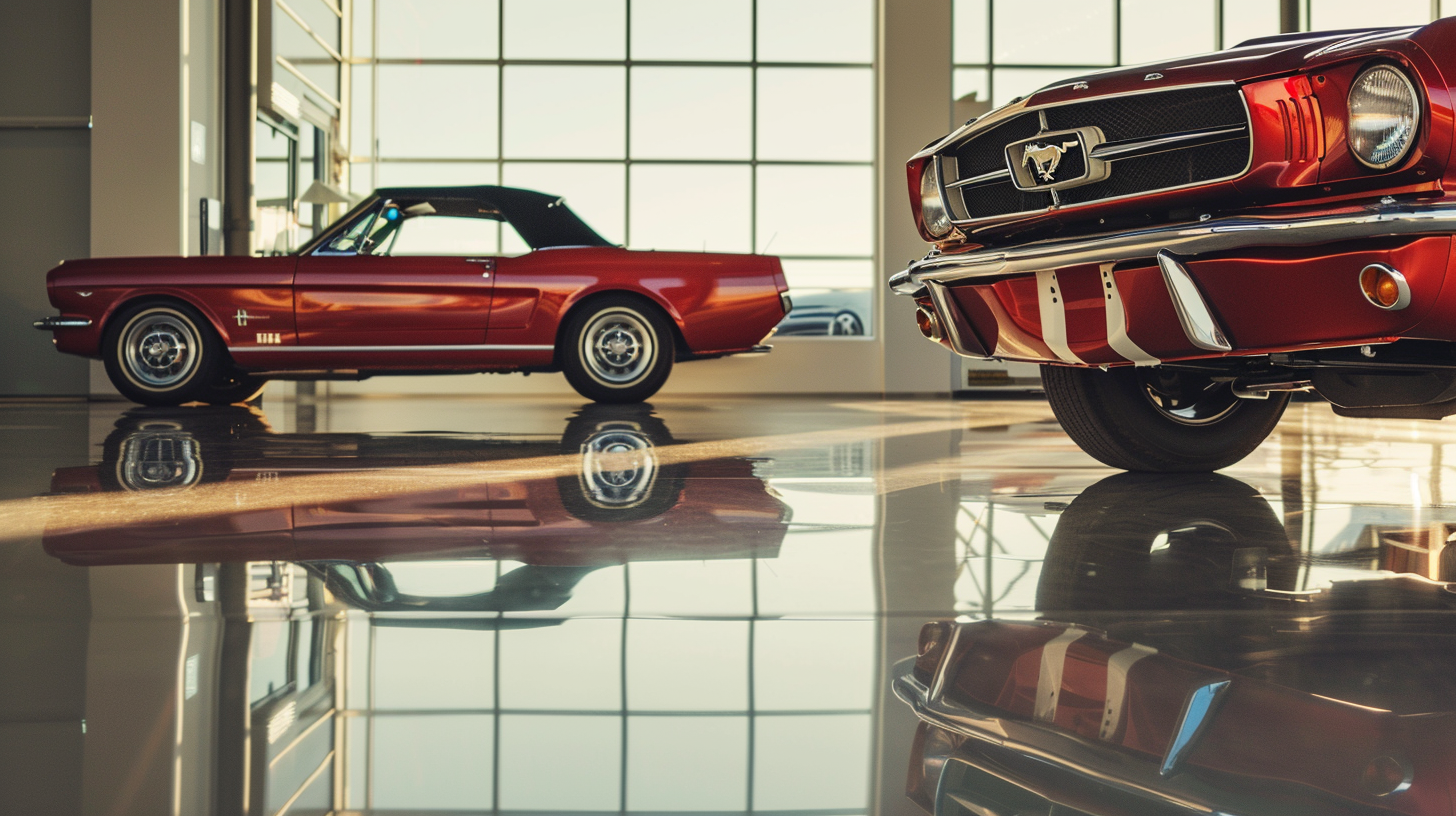
You’ve fallen in love with a retro car, the initial inspection looked promising, and your excitement is building. Stop. Before you finalize the deal, there’s one non-negotiable step: a Pre-Purchase Inspection (PPI) by a qualified, independent specialist. This is your most critical investment, acting as a shield against potentially devastating financial and emotional fallout.
What is a PPI? A PPI is a comprehensive, unbiased examination of a vehicle’s mechanical, electrical, structural, and cosmetic condition by an expert who is not affiliated with the seller. Unlike a quick visual check, a PPI goes deep, often involving specialized tools, diagnostic equipment, and a lift to thoroughly inspect the underside of the car.
Why is a PPI Essential for Retro Cars?
- Uncovering Hidden Issues: Older cars are masters at hiding problems. Rust can be painted over, engine noises can be masked, and electrical gremlins can be intermittent. A professional knows exactly where to look for common flaws specific to the model and can identify issues that aren’t immediately apparent.
- Specialized Knowledge: Most regular mechanics aren’t specialists in vintage vehicles. A good PPI is performed by an expert familiar with the specific make and model you’re considering. They understand the nuances of period-correct components, common failure points, and the intricacies of older engineering.
- Negotiating Power: The PPI report provides a detailed list of deficiencies, estimated repair costs, and often a market value assessment. This invaluable information gives you strong leverage to negotiate a lower price, request repairs from the seller, or walk away from a bad deal. Even if the car is perfect, the report offers peace of mind.
- Avoiding Costly Surprises: The cost of a PPI (typically $200-$1000+) is a minuscule fraction of what you could spend on unexpected major repairs. A PPI can reveal anything from a worn transmission ($5,000+) to significant rust in the frame ($10,000+), saving you from a money pit.
- Authentication and Originality: A skilled PPI inspector can often verify the originality of components (e.g., matching numbers on the engine, transmission, chassis) and identify non-original or poorly executed restoration work. This is crucial for collectible value.
- Peace of Mind: Even if the PPI uncovers some issues, knowing about them beforehand allows you to make an informed decision. If the car passes with flying colors, you can proceed with confidence, knowing you’ve made a sound investment.
How to Arrange a PPI:
- Find a specialist: Ask for recommendations from marque-specific car clubs, forums, or reputable classic car dealers (even if you’re not buying from them).
- Get seller’s permission: Arrange for the inspector to access the car at a mutually convenient time and location.
- Request a detailed report: Ensure the inspector provides a written report, ideally with photos, outlining their findings. Discuss any concerns directly with the inspector.
Never skip a PPI, especially when buying a retro car. It’s the smartest money you’ll spend in the entire purchase process, safeguarding your passion and your wallet.


Leave a Reply